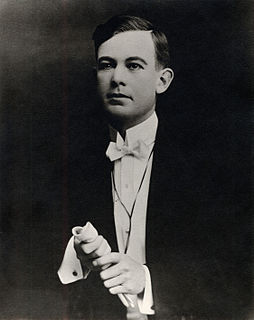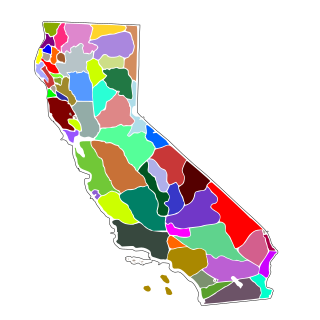Adkins v. Children's Hospital, 261 U.S. 525 (1923), is a United States Supreme Court opinion that federal minimum wage legislation for women was an unconstitutional infringement of liberty of contract, as protected by the due process clause of the Fifth Amendment.
United States v. Bhagat Singh Thind, 261 U.S. 204 (1923), was a case in which the Supreme Court of the United States unanimously decided that Bhagat Singh Thind, an Indian Sikh man who identified himself as a "high caste aryan, of full Indian blood," was racially ineligible for naturalized citizenship in the United States. In 1919, Thind filed a petition for naturalization under the Naturalization Act of 1906 which allowed only "free white persons" and "aliens of African nativity and persons of African descent" to become United States citizens by naturalization.
Edna May Griffin was an American civil rights pioneer and human rights activist. Known as the "Rosa Parks of Iowa", her court battle against the Katz Drug Store in Des Moines in 1948, State of Iowa v. Katz, foreshadowed the civil rights movement and became a landmark case before the Iowa Supreme Court.

James William McGhee was an inventor of the drapery hook. He was also a manufacturer, prospector, carpenter, contractor, and interior design specialist.
Microdecisions, Inc. v. Skinner, 889 So.2d 871, was a case before the Florida Second District Court of Appeal concerning whether Abe Skinner, the Collier County, Florida Property Appraiser could require prospective commercial users of the official GIS records created in his office to first enter into a licensing agreement. The court concluded that he may not. While no one disputed the GIS maps were public record, Skinner argued they were protected by federal copyright law. In the decision, the court held that "Skinner has no authority to assert copyright protection in the GIS maps, which are public records." In support of this, the Court held that the "Florida public records law ... overrides a governmental agency's ability to claim a copyright in its work unless the legislature has expressly authorized a public records exemption." Additionally, the Court confirmed "Florida's Constitution and its statutes do not permit public records to be copyrighted unless the legislature specifically states they can be."
Polar Tankers, Inc. v. City of Valdez, 557 U.S. 1 (2009), was a decision by the Supreme Court of the United States involving the tonnage clause of the United States Constitution.
Based in Santa Monica, California, Myriad Pictures is a leading independent entertainment company specializing in production, financing and worldwide distribution of feature films and television programming. President and CEO Kirk D’Amico opened the company in 1999 and has built a diverse library of art house and mainstream programming. Mr. D’Amico was named one of the Top 50 independent producers in the annual list published by The Hollywood Reporter, and is a member of the Board of Directors of IFTA.

Aboriginal title in California refers to the aboriginal title land rights of the indigenous peoples of California. The state is unique in that no Native American tribe in California is the counterparty to a ratified federal treaty. Therefore, all the Indian reservations in the state were created by federal statute or executive order.
Fox Film Corp. v. Knowles, 261 U.S. 326 (1923), was a United States Supreme Court case in which the Court held the statute intends that an executor, there being no widow, widower, or child, shall have the same right to renew a copyright for a second term as his testator might have exercised had he continued to survive.




